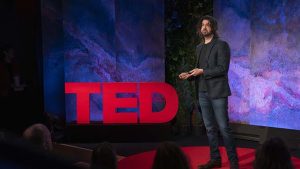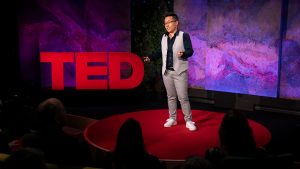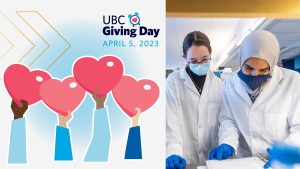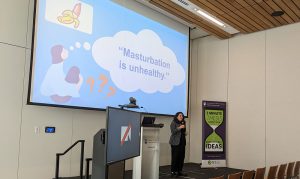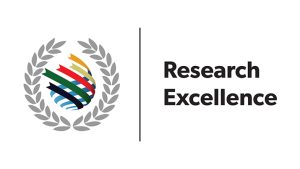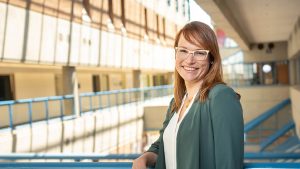Dr. Azim Shariff: Does working hard really make you a good person?
In a TED Talk and Q&A, Dr. Shariff discusses our tendency to value displays of effort and the impact that has on society.
Dr. Jiaying Zhao combats climate change with happiness
Dr. Zhao wants to show people that climate action and happiness can easily coexist. Watch Dr. Zhao’s TED Talk or attend an online workshop to learn how.
New research: Spiritual connection with nature transcends politics, religion
Ecospirituality could help reduce polarization on environmental issues that threaten the planet.
Challenge unlocked: Funds raised on UBC Giving Day will create a more inclusive learning experience for students
The new Psychology Inclusive Excellence Student Fund received $9,295, thanks to the 33 donors who generously supported our students.
Cooper – Pets of UBC Psych
Meet Cooper, our first international pet! Learn more about his relationship with sticks, squirrels, and the ‘hungry’ button.
Psychology graduate student wins 3MT competition
Kiarah presented her research ‘Do you mythunderstand me? Sexuality myths and sexual outcomes’ on one slide in three minutes.
Psychology faculty receive 2022 UBC Faculty Research Awards
Recognizing outstanding research and scholarly contributions.
Q&A with Dr. Kiley Hamlin: a new student fund is removing barriers for underrepresented students
The Psychology Inclusive Excellence Student Fund will support students from equity-deserving groups pursuing undergraduate and graduate studies.
Building and embedding equity, diversity and inclusion
Share your experiences and ideas by taking part in the Psychology EDI Climate Survey!
Is AI coming for white-collar jobs? Dr. Friedrich Götz found out the hard way
Dr. Friedrich Götz wondered whether AI was smart enough to handle some of his workload. He was astonished to discover it could. In a paper recently published in Psychological Methods, he detailed how he used GPT-2, a precursor to ChatGPT, to develop a psychological test that performed as well as what psychologists currently use. He discusses his research, […]
